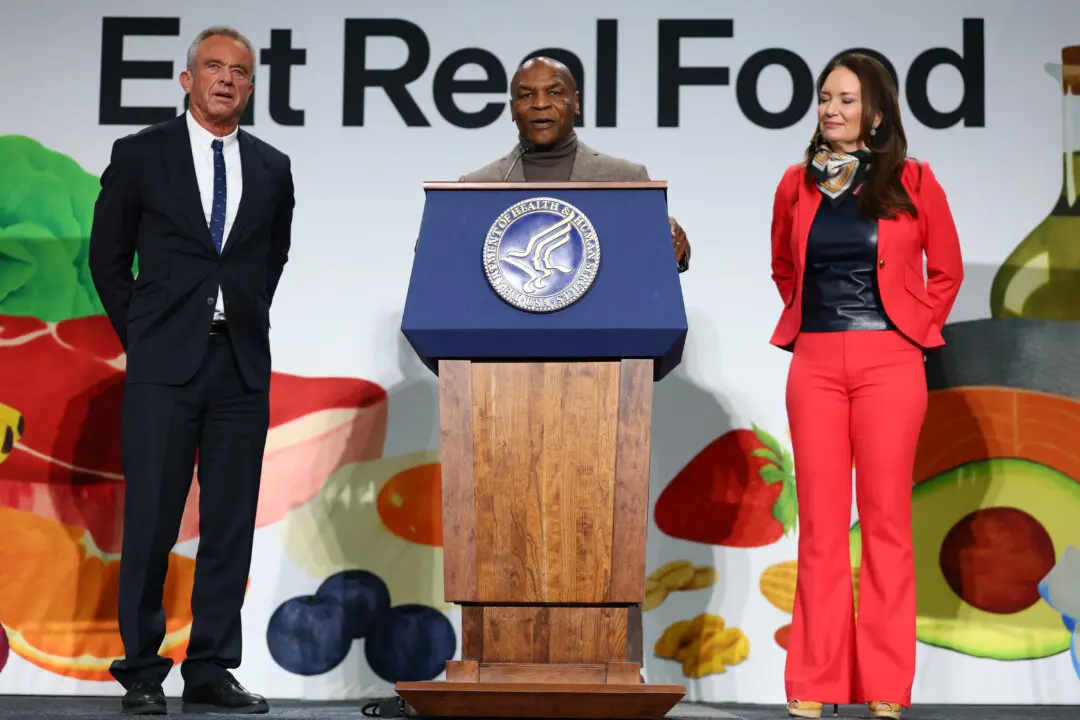Commentary
A jar of honey with lemon rinds at the store looked pretty wonderful to me, but my friend balked. He took a look at the ingredients and found corn syrup, which he said is not egregious. It’s just a thickener. But he said no to the product based on its preservatives and chemicals designed to give it a long shelf life.





